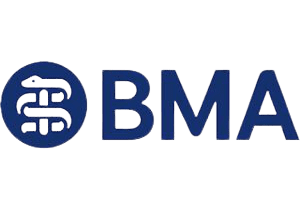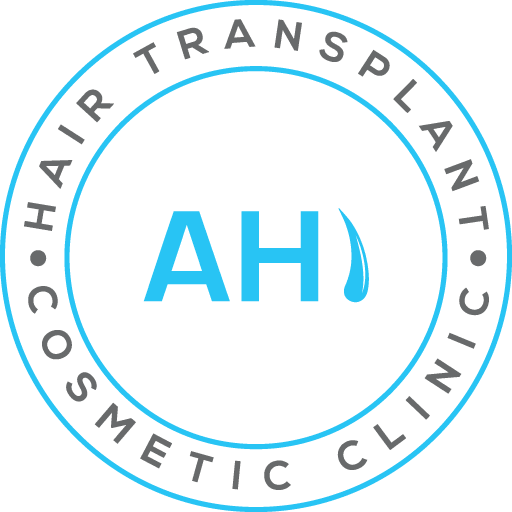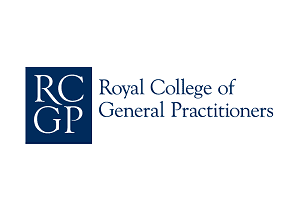SYMPTOMS OF COVID-19:

Urgent medical attention:
All patients who display symptoms of COVID-19, have been asked to contact the NHS 111 online coronavirus service or call NHS 111 if they do not have access to the internet. However, if patients have an urgent medical question relating to their pre-existing condition, we have asked that they contact thie GP or their specialist consultant, directly. Look after your own health It is important . If, at any point, you think you or a member of your team have developed symptoms of COVID-19, such as a new, continuous cough and/or high temperature (above 37.8), seek clinical advice using the NHS 111 online coronavirus service
Or, if you do not have access to the internet, call NHS 111.
EXTREMELY VULNERABLE GROUP:
Clinically extremely vulnerable people may include the following people. Disease severity, history or treatment levels will also affect who is in the group.
- Solid organ transplant recipients.
- People with specific cancers:
- people with cancer who are undergoing active chemotherapy
- people with lung cancer who are undergoing radical radiotherapy
- people with cancers of the blood or bone marrow such as leukaemia, lymphoma or myeloma who are at any stage of treatment
- people having immunotherapy or other continuing antibody treatments for cancer
- people having other targeted cancer treatments which can affect the immune system, such as protein kinase inhibitors or PARP inhibitors
- people who have had bone marrow or stem cell transplants in the last 6 months, or who are still taking immunosuppression drugs
- People with severe respiratory conditions including all cystic fibrosis, severe asthma and severe chronic obstructive pulmonary (COPD).
- People with rare diseases and inborn errors of metabolism that significantly increase the risk of infections (such as Severe combined immunodeficiency (SCID), homozygous sickle cell).
- People on immunosuppression therapies sufficient to significantly increase risk of infection.
- Women who are pregnant with significant heart disease, congenital or acquired.
People who fall in this group should have been contacted to tell them they are clinically extremely vulnerable and should be Shielding. If you are in close contact with someone in this group, follow government guidance.
Follow steps to wash hands
 |
 |
 |
 |
 |
 |
We closed our doors a few days before lock down was implemented by the Government back in March,2020. We are now happy to REOPEN our doors from the 15.7.2020 and will restart Hair Restoration Surgeries. We have put in place special measures and established protocols for the safety of our patients and staff as per current Government guidelines. For patients looking for Hair Transplant Surgery should look into the guidance provided by the International Society of Hair Restoration Surgery (ISHRS).
ADDITIONAL INFORMATION:
Additional patients with long term conditions considered to be at high risk Category C (Group 4) in the table below refers to patients to the Very High Risk Group.
- Patients with diabetes with HbA1c greater than 75, recent diabetic ketoacidosis or poor medication adherence;
- Patients with Chronic Obstructive Pulmonary Disease (COPD) who have required hospitalization in the last 12 months or patients who have required 2 or more courses of steroids and/or antibiotics in the last 12 months;
- Patients with asthma with a history of hospitalization in the last 12 months or ever been admitted to intensive care;
- Patients with significant heart failure which has required hospitalization for their heart failure within the last 12 months;
- Patients with multiple long-term conditions;
- Patients who have had a splenectomy;
- Patients taking continuous oral corticosteroids of the equivalent of 20 mg of prednisolone or more for over 4 weeks;
- Patients taking immunosuppressive or immunomodulating medication such as ciclosporine, cyclophosphamide, azathioprine, leflunomide, methotrexate, mycophenolate.
It is expected that patients taking these medications will be under a shared-care protocol with hospital specialist colleagues and a risk stratification approach should be taken. Advice can be sought from the relevant Specialist.
- Other patients that the general practitioner considers would be at high risk such as patients with severe dementia, cognitive impairment.
GUIDANCE ABOUT SOCIAL DISTANCING
This group has been identified to the public as those who are:
- aged 70 or older (regardless of medical conditions)
- Under 70 with an underlying health condition listed below (i.e. anyone instructed to get a flu jab as an adult each year on medical grounds)
- Chronic (long-term) respiratory diseases, such as asthma, chronic obstructive pulmonary disease (COPD), emphysema or bronchitis
- Chronic heart disease, such as heart failure
- Chronic kidney disease
- Chronic liver disease, such as hepatitis
- Chronic neurological conditions, such as Parkinson’s disease, motor neuron disease, multiple sclerosis (MS), a learning disability or cerebral palsy
diabetes - Problems with your spleen – for example, sickle cell disease or if you have had your spleen removed
- A weakened immune system as the result of conditions such as HIV and AIDS, or medicines such as steroid tablets or chemotherapy
- being seriously overweight (a BMI of 40 or above)
- those who are pregnant.
Other categories:
Black, Asian & Minority Ethnic (BAME): suggestions that this group are at higher risk have not been clarified Males especially over 50: suggestions that this group are at higher risk have not been clarified.










